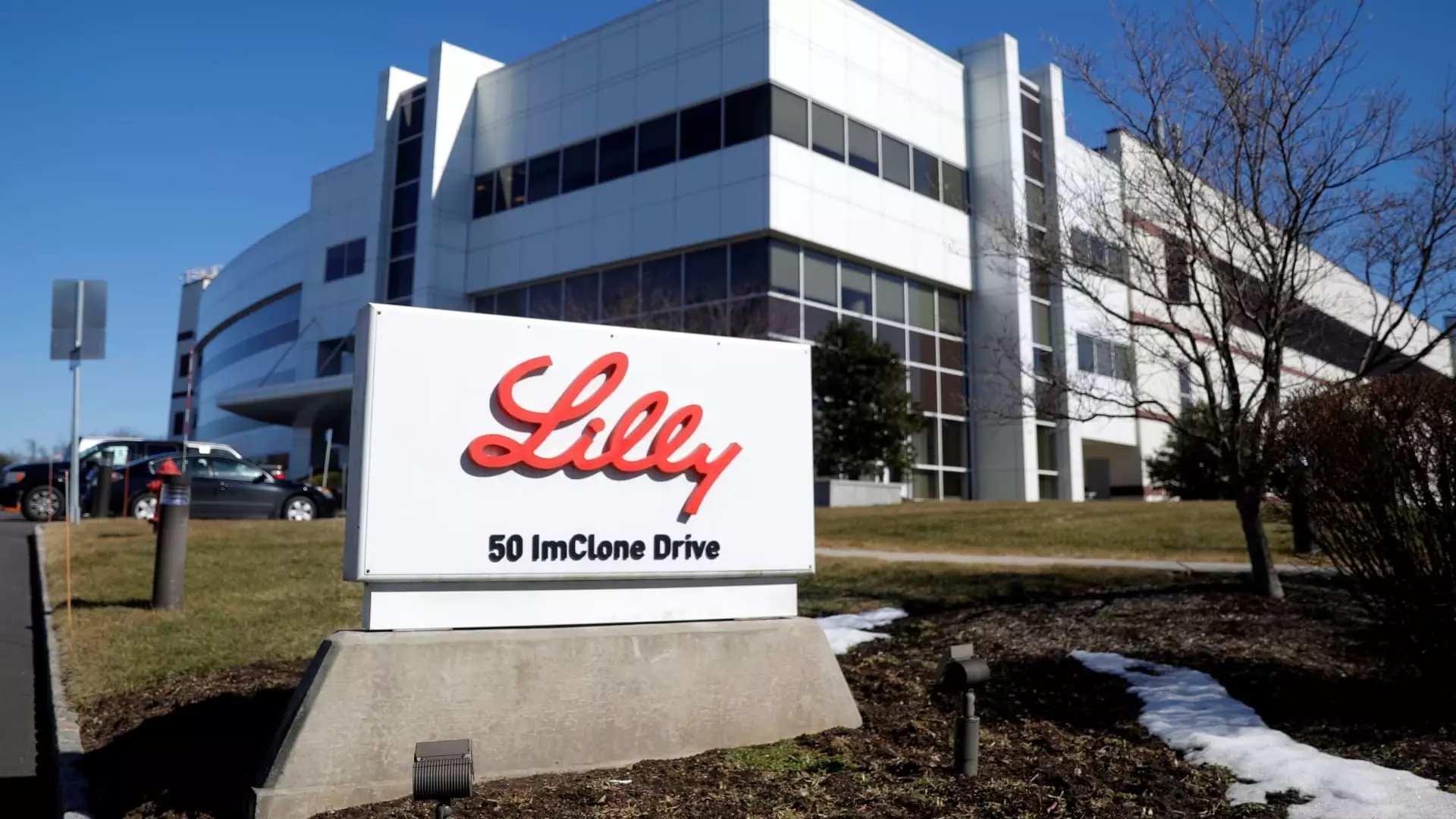The surge in demand for weight loss and diabetes treatments has propelled Eli Lilly to new heights in the past year. The company’s outgoing Chief Financial Officer, Anat Ashkenazi, played a pivotal role in managing the influx of revenue and investor optimism stemming from Eli Lilly’s diabetes drug, Mounjaro, and its obesity medication, Zepbound.
Despite its successes, Eli Lilly has encountered challenges in meeting the unprecedented demand for their products. Along with rival Novo Nordisk, the company has struggled to manufacture an adequate supply of their treatments, leading to shortages across the nation. The drugs in question, belonging to a class known as GLP-1 agonists, work by mimicking gut hormones to regulate blood sugar levels and suppress appetite. Market analysts predict that the sector could be valued at $100 billion by the end of the decade.
In response to the burgeoning demand, Eli Lilly has focused on ramping up its manufacturing capabilities. The company’s increased revenues have enabled significant investments in expanding production facilities. By channeling cash flow back into the business, Eli Lilly aims to enhance its manufacturing capacity, ultimately ensuring more patients have access to essential medications. Although the company anticipates challenges in keeping up with demand, it is making substantial progress in this area.
Eli Lilly is actively expanding its manufacturing footprint with new facilities in North Carolina, Indiana, Ireland, Germany, and recent acquisitions like the plant in Lebanon, Indiana. The company’s substantial investment in building and acquiring manufacturing plants across the U.S. and Europe underscores its commitment to meeting the growing demand for its products. By scaling up production through these new sites, Eli Lilly hopes to address supply shortages and improve patient access to crucial medications.
Another key focus for Eli Lilly is overcoming barriers to patient access to weight loss medications, particularly due to limited insurance coverage in the U.S. Despite the proven efficacy and safety of GLP-1 agonists like Zepbound, some insurers remain hesitant to cover these drugs due to their high costs. Eli Lilly is actively working to improve coverage for Zepbound, with a significant increase in commercial insurance coverage reported. The company’s efforts aim to make these life-changing medications more accessible to individuals struggling with obesity-related conditions.
One of the challenges Eli Lilly faces is changing perceptions around obesity, which is often viewed as a lifestyle choice rather than a chronic disease. Ashkenazi highlights the importance of treating obesity as a medical condition and ensuring that individuals have access to effective treatments. With ongoing studies exploring the impact of tirzepatide on various health conditions, including obesity, fatty liver disease, and heart failure, Eli Lilly is at the forefront of advancing innovative solutions for complex health challenges.
Eli Lilly’s remarkable success in the weight loss and diabetes treatment field has paved the way for significant advancements in patient care and access to vital medications. Through strategic investments in manufacturing and efforts to enhance insurance coverage, Eli Lilly is poised to continue making a positive impact on individuals’ health and well-being. As the company navigates future challenges and opportunities, its commitment to innovation and patient-centric solutions remains unwavering.

Leave a Reply